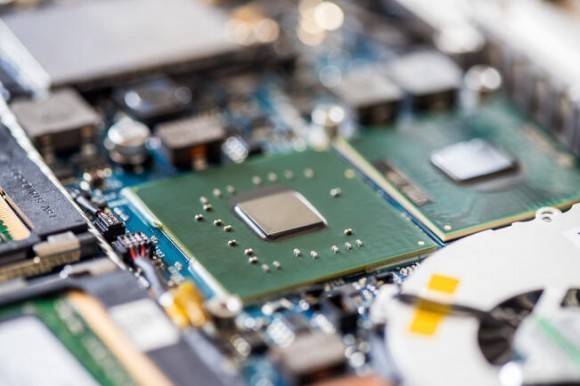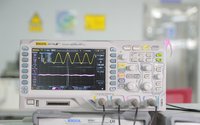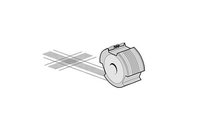What is IC testing? How to conduct testing?
Date:2024-07-17 11:40:00 Views:2538
IC testing is a series of tests conducted on integrated circuits (ICs) to verify their functionality, performance, and reliability, ensuring they meet design specifications and achieve expected performance levels. IC testing usually includes functional testing, electrical characteristic testing, timing testing, temperature testing, reliability testing, and other aspects.

The following are generalIC testing process:
Functional testing:
Firstly, conduct functional testing to verifyIs the basic function of the IC normal. This may involve analog and digital testing of input and output signals to ensure that the IC operates as expected.
Electrical characteristic testing:
measureThe electrical characteristics of ICs, such as voltage, current, power, etc. This includes input voltage range, output voltage stability, power consumption testing, etc.
Timing test:
testThe timing characteristics of ICs, including clock frequency, delay time, data transmission speed, etc. Ensure that the performance of the IC meets the requirements under different timing conditions.
Temperature test:
Testing under different temperature conditionsEvaluate the stability and reliability of ICs at different operating temperatures based on their performance.
Reliability testing:
Conduct reliability testing, including aging testing, thermal shock testing, humidity testing, etc., to evaluateThe performance of ICs in long-term use and extreme environments.
Power consumption test:
measureThe power consumption characteristics of ICs, including static power consumption and dynamic power consumption, are evaluated to assess their energy consumption and efficiency.
Radiation testing:
For some special applicationsIC, Radiation testing may be necessary to evaluate its performance in a radiation environment.
IC testing is typically conducted using specialized Automatic Test Equipment (ATE). ATE can automate the testing process, including input/output control, data acquisition, result analysis, etc., to improve testing efficiency and accuracy. Test engineers will design test programs and use ATE equipment to perform tests, ultimately evaluating the performance and quality of ICs.




 Weixin Service
Weixin Service

 DouYin
DouYin
 KuaiShou
KuaiShou





















